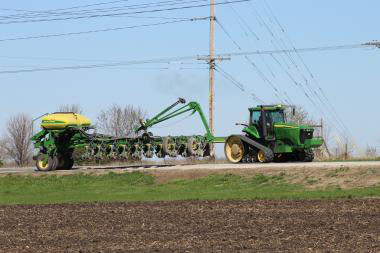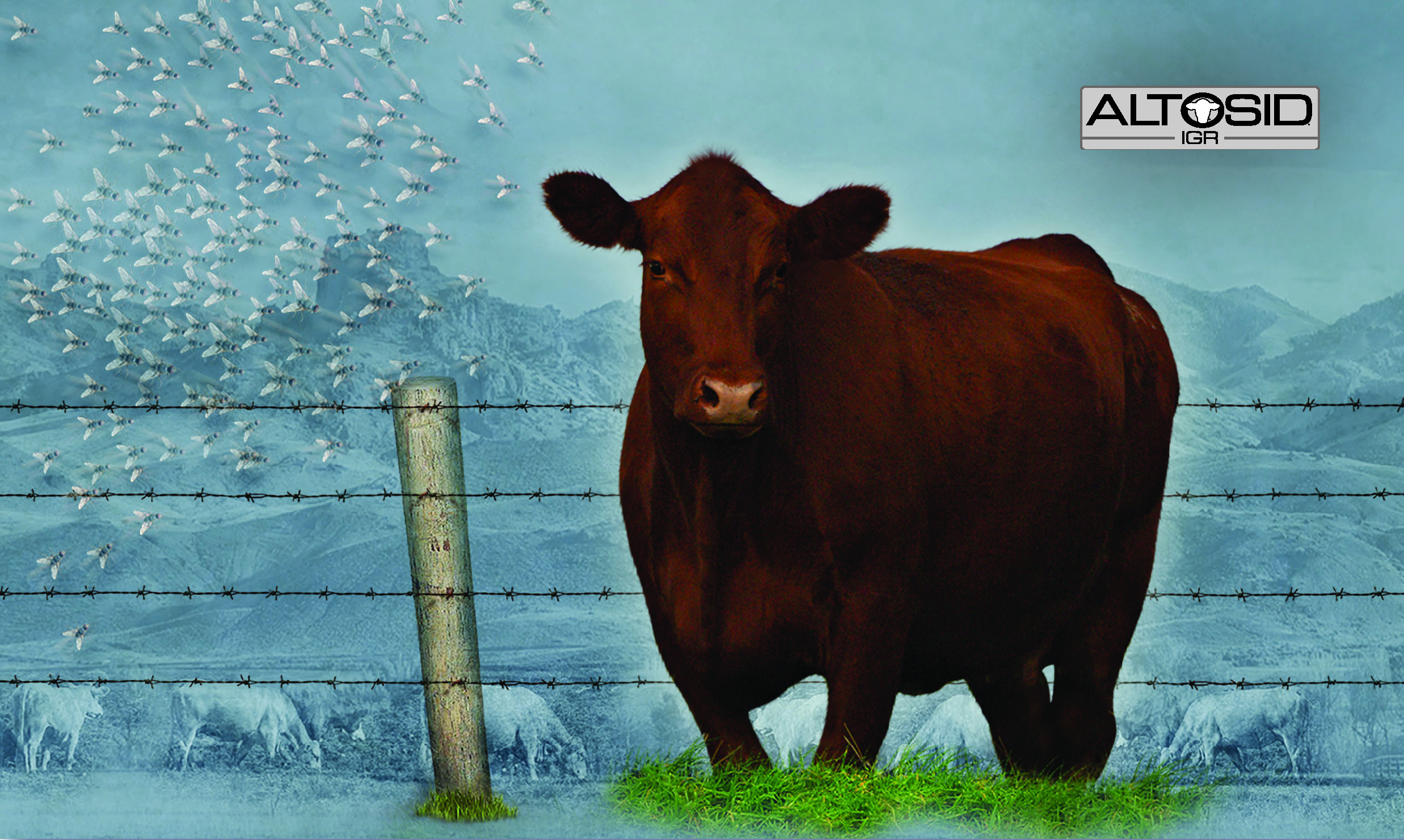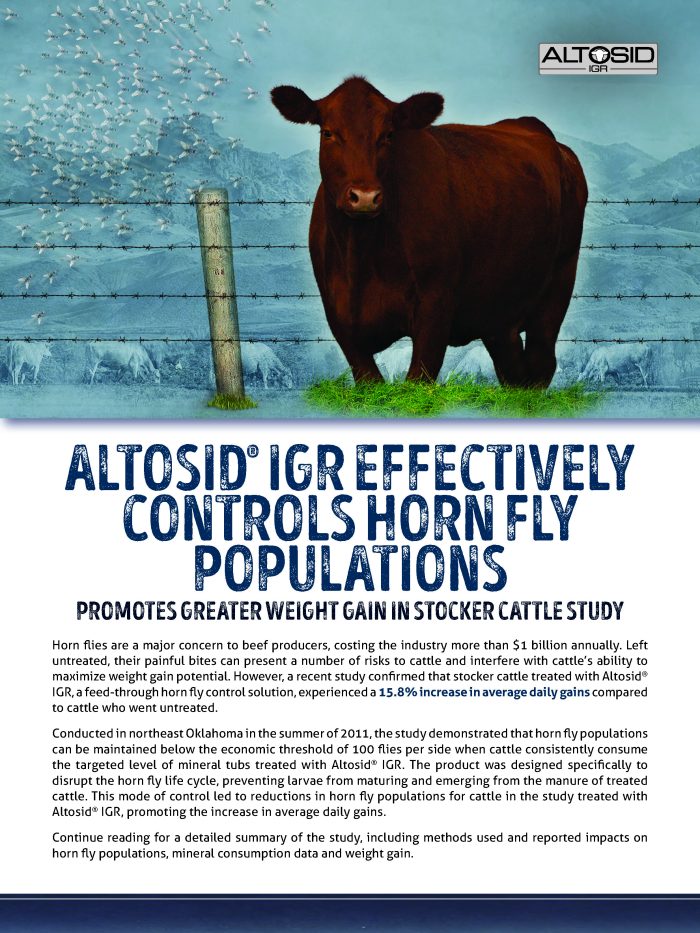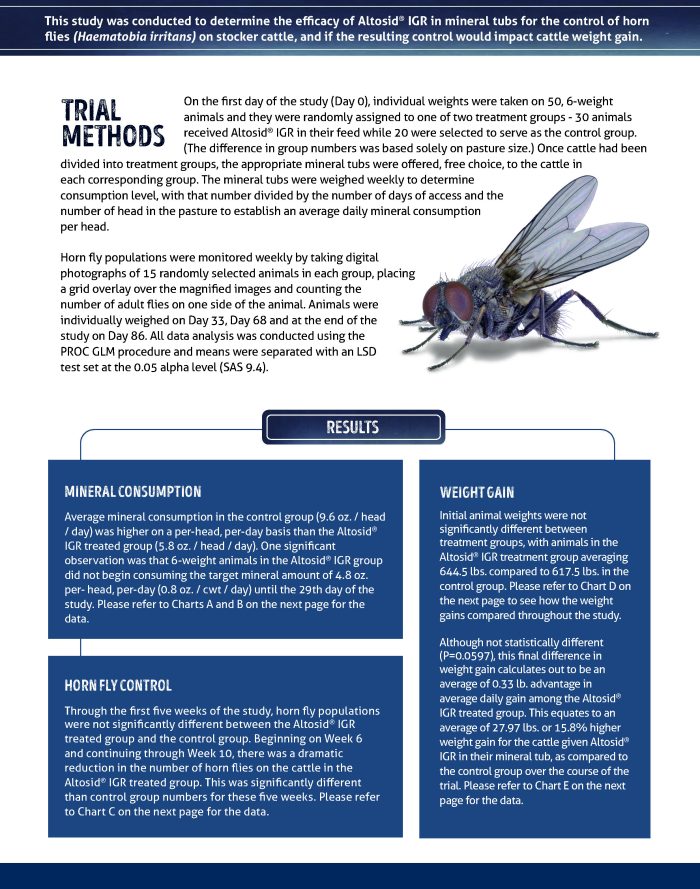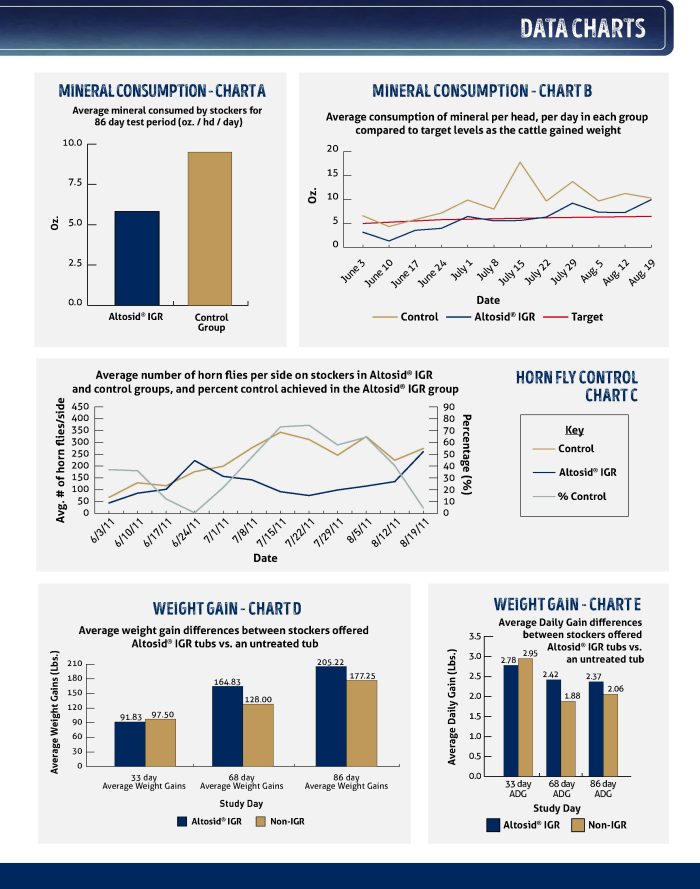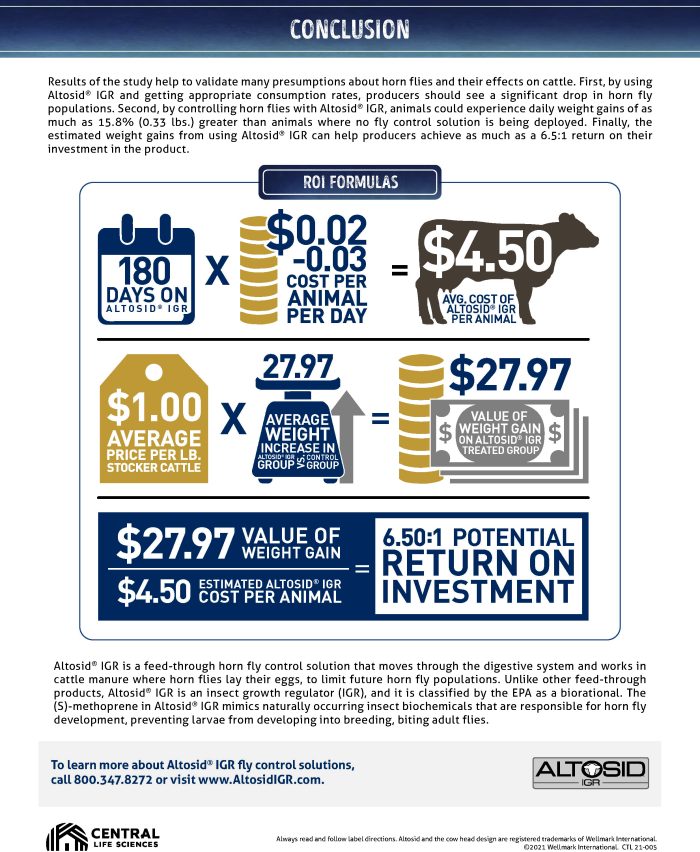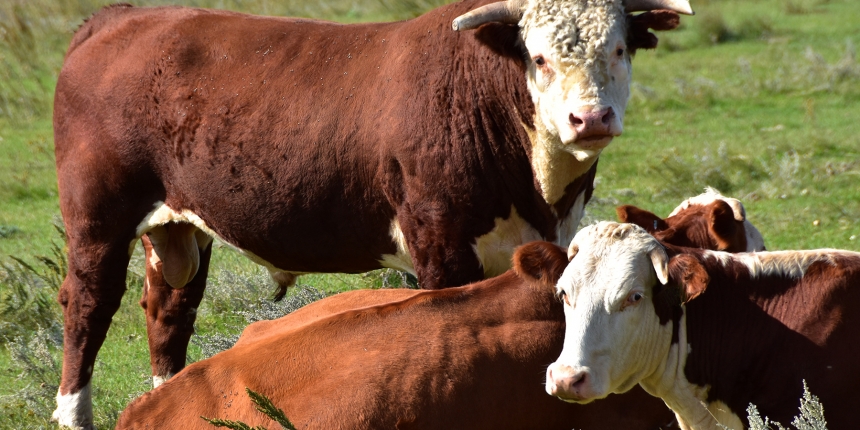
As temperatures rise, rural roadways will soon see an increase in farm equipment
AMES, Iowa – Planting season has begun with vigor, and it is crucial for motorists to be aware of safety precautions while sharing the roadways with farm machinery.
Steven Freeman, a professor in agricultural and biosystems engineering at Iowa State University, shares his top advice for motorists, along with farm equipment operators.
“We all rely on farmers who are in the fields planting and doing their job. It is important for them to get to those fields safely to do what they need to do,” said Steven Freeman. “Both farmers and motorists need to be reminded that they need to share the roads.”
As a motorist, you are almost always traveling at a higher speed than those driving farm equipment. When traveling at these speeds, the gap between farm equipment and motorists closes very quickly. Therefore, it is extremely important to remember to slow down early on, when approaching farm machinery.
Motorists are also advised to be patient. Pass with care and avoid inappropriate honking. The reason the farmer may not be pulling over could be due to unforeseen safety concerns. For example, the edges of roadways along county highways cannot always support the weight of the machine to allow the farmer to pull over.
Safety tips for farmersAlong with motorists, farm machinery operators also have safety precautions to be aware of. While driving a piece of equipment onto the roadways, it is important to check that all lights and reflective markers on the machine are working, visible and clear. During this time of the year, the Iowa sun is low in the sky, making it extremely difficult to see what is in front of you, especially at dusk. If possible, try not to travel during these busy times.
Freeman also wants to remind farmers to take care of themselves. Even when the rush is on to get crops in the ground, farmers should still be getting enough sleep and eating healthy to minimize unfortunate events.
By remembering to share the road safely, the risk for disaster can be minimized.
Tips for the rural driver
- Be prepared for farm vehicles. Farm vehicles travel significantly slower than automobiles. You may only have a few seconds to react and slow down before overtaking a farm vehicle. Be prepared to slow down and follow; you may not have room to pass.
- Slow down and keep your distance. Don’t assume that the farmer can pull over and let you pass. Shoulder conditions may make it unsafe for the farmer to pull heavy equipment to the side of the road.
- Be sure of the farmer’s intentions before passing. Don’t assume that a farm vehicle is turning right or pulling over to let you pass if it pulls to the right side of the road. A farmer may have to swing right in order to make a left turn. Wait until you know what the farmer is planning to do.
- Be patient and enjoy the scenery if you find yourself following a farm vehicle. Even if you have to follow a farm vehicle for a couple of miles, it will only take a few minutes of your time.
- Be especially alert in the evenings; farmers are returning from the fields and dusk makes farm vehicles more difficult to see.
Tips for the farmer
- Only allow licensed, or appropriately trained, operators to take farm machinery onto the road. Youth who are able to operate machinery in the field may not be able to deal safely with traffic and other road hazards.
- Make sure farm machinery is equipped with the lighting and marking safety devices recommended by the American Society of Agricultural and Biological Engineers and required by state and local laws. Be sure to remind all operators to use the appropriate hazard lights and turn signals when traveling on roads.
- Minimize total vehicle width and secure equipment in the transport position before entering roadways.
- Watch for approaching traffic and vehicles trying to pass. If possible, pull over and let traffic pass safely, but be alert for roadside hazards.
- Obey all traffic laws and signs.
- Signal intentions to motorists and avoid sudden or unexpected maneuvers.
- Exercise additional care when entering roadways, approaching unsigned or “blind” intersections, crossing narrow bridges, going around sharp corners or going over hills.

